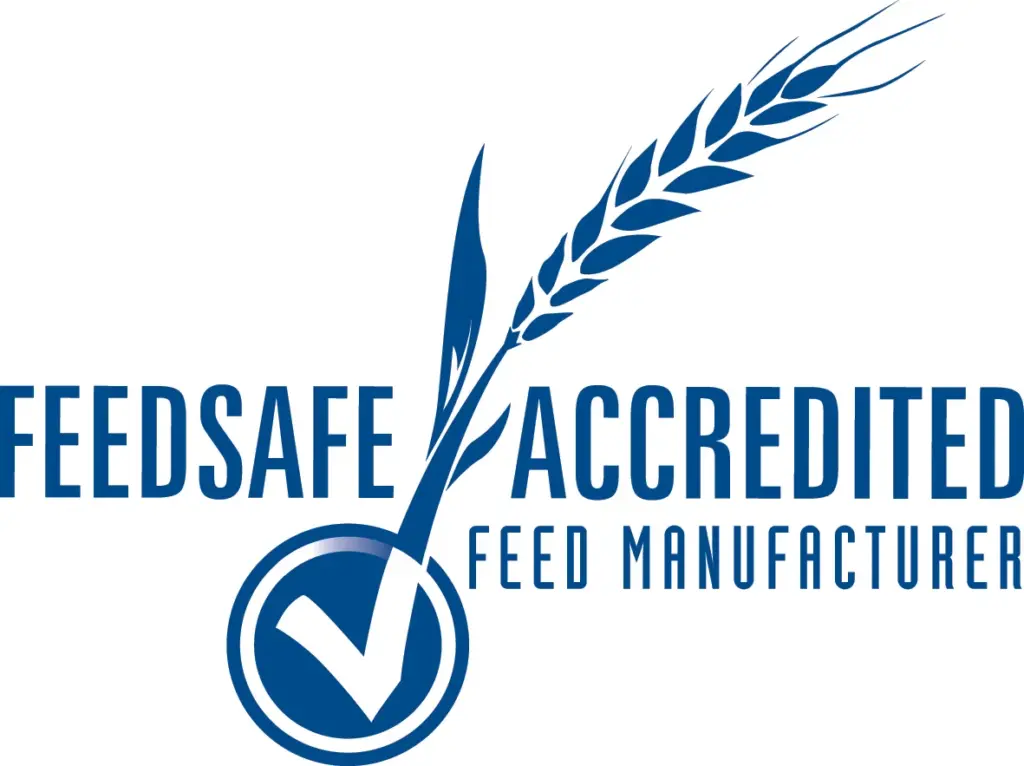AgTech continues to revolutionise the livestock industry, and the agriculture sector more broadly, by delivering immense value to farmers. It’s set to be an exciting year ahead for AgTech, and I am looking forward to seeing it unfold.
This year, I believe we will be seeing a shift back to the basics of product market fit. The emphasis will be on delivering tangible solutions that have a direct impact on farmers’ lives and operations. Companies will need to understand the specific pain points of farmers and tailor AgTech products and services to meet their needs. This includes developing technologies that optimize resource management, improve crop yields, streamline labour-intensive tasks, and enhance overall operational efficiency. Moreover, AgTech companies will need to demonstrate a clear understanding of the economic implications of their solutions, ensuring that the benefits outweigh the costs for farmers.
Here is a rundown of some of the big trends we expect to see in the industry this year.
Trends for AgTech in 2024:
1. Consolidation of AgTech Companies:
As the industry continues to mature, we anticipate a wave of consolidation in 2024. Smaller companies that have successfully developed product-market fit but are struggling to become cashflow positive will likely be acquired or merged with larger AgTech and Agriculture services companies. This consolidation will enable the larger players to expand their product offerings and enhance their overall capabilities.
2. Increased Collaboration and Partnerships:
To tackle the complex challenges faced by the agriculture industry, we expect to see a rise in collaboration and partnerships between AgTech companies, agricultural organizations, and research institutions. By pooling resources, knowledge, and expertise, we can accelerate innovation, develop more robust solutions, and drive sustainable practices in agriculture.
3. Focus on Sustainability and Environmental Impact:
With ongoing and growing concerns about climate change and the need for sustainable food production, AgTech companies will place a greater emphasis on developing technologies and practices that minimize environmental impact. This includes the use of precision agriculture techniques, such as remote sensing, IoT devices, and AI-powered analytics, to optimize resource management, reduce waste, and mitigate the carbon footprint of farming operations.
4. Adoption of Artificial Intelligence and Machine Learning:
AI and machine learning will continue to revolutionize our industry this year, enabling farmers and AgTech companies to make data-driven decisions, optimize yields, improve livestock management, and automate various processes. AI-powered systems will also increasingly be used to assist in disease detection, pest control, and predictive analytics, empowering farmers to proactively address challenges and maximize productivity.
5. Integration of Robotics and Automation:
From autonomous tractors and drones for precision farming to robotic harvesting and weeding systems, robotics and automation will continue to revolutionise the agriculture landscape. The integration of these technologies will not only improve productivity but also alleviate labour shortages and enable farmers to focus on strategic decision-making.
6. Enhanced Data Analytics and Predictive Models:
The abundance of data collected through IoT devices, sensors, and other Agtech solutions will drive advancements in data analytics and predictive models. Agtech companies will leverage this to gain valuable insights into performance, soil health, weather patterns, and market trends. By harnessing the power of big data analytics, farmers will be able to make informed decisions, optimize input usage, and mitigate risks, ultimately leading to improved profitability and sustainability.
7. Increasing Focus on Food Traceability and Supply Chain Transparency:
In response to growing consumer demand for transparency and food safety, Blockchain technology will be leveraged to create immutable records of every stage in the food production and distribution process. This will enable consumer access to accurate information about the origin, quality, and safety of their food. This enhanced traceability will foster trust, reduce food fraud, and enable quick and effective recalls if necessary.
Final word…
In 2024, I personally believe the industry must have renewed commitment to solving real on farm problems through practical and impactful innovations. This shift towards a problem-driven approach will foster a stronger connection between AgTech providers and farmers, leading to the development and adoption of solutions that truly make a difference.
At DIT AgTech, we are dedicated to driving this trend and collaborating with farmers to co-create solutions that address their immediate needs, enhance productivity, reduce costs, and contribute to the overall sustainability of the livestock sector.



